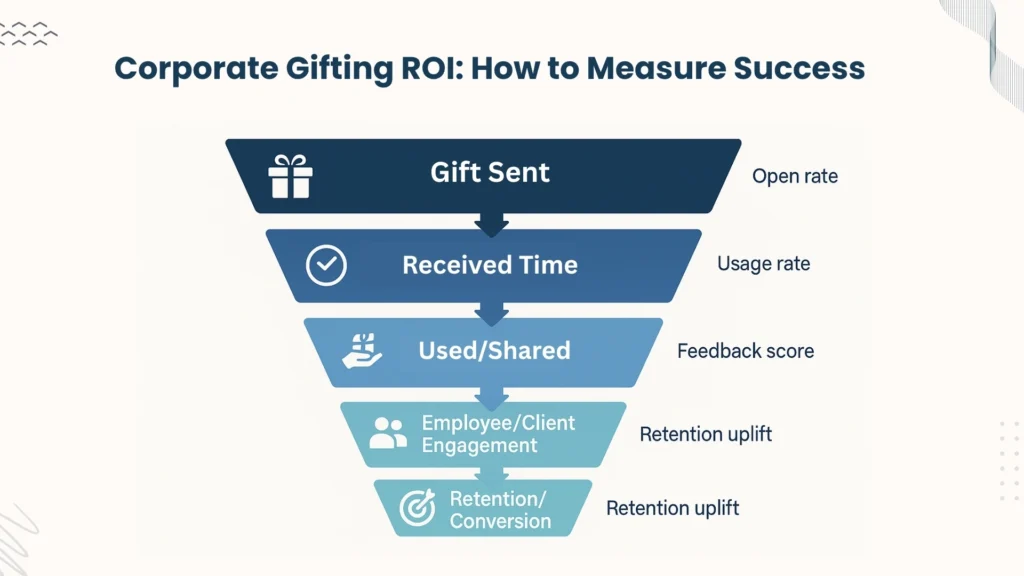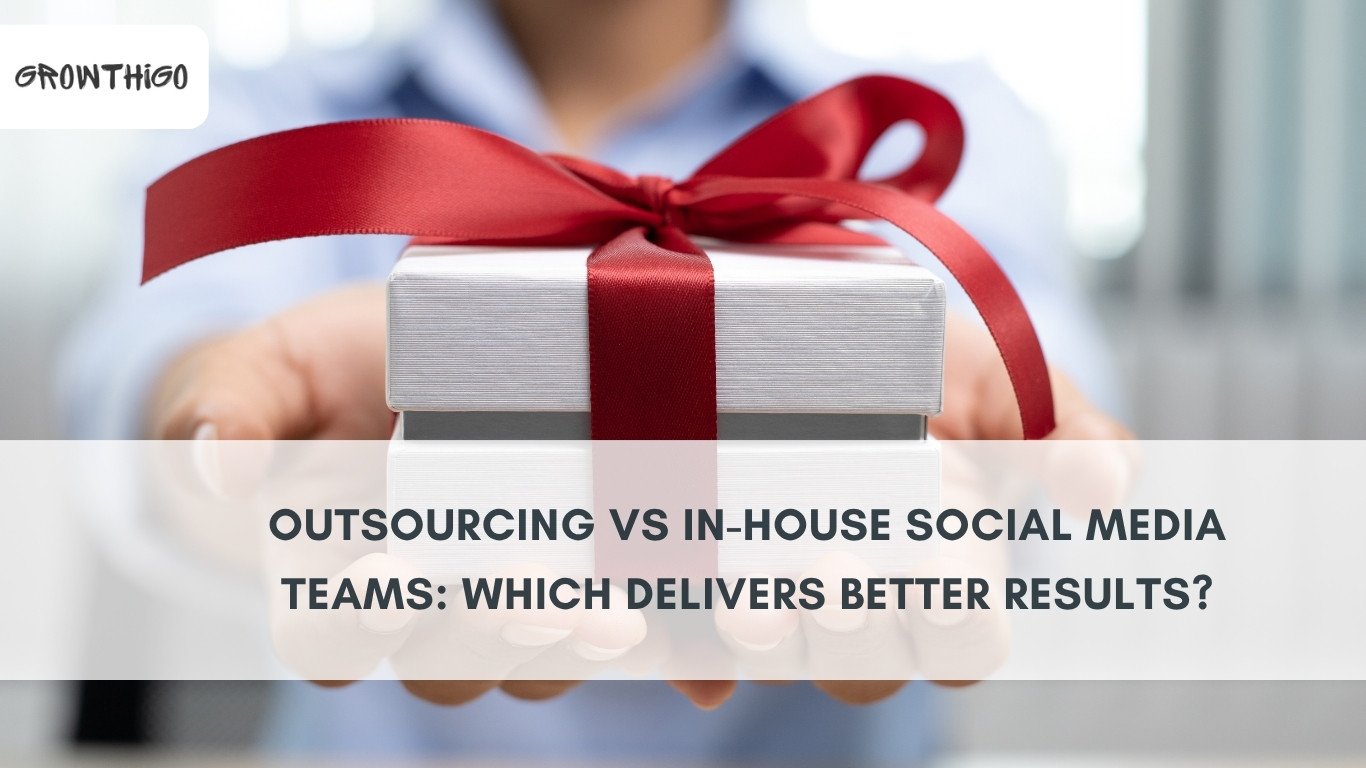Corporate gifting was initially a once in a while HR act but now transformed to a business strategy in which client relationship is built, morale of employees increased and brand awareness improved. However, behind the bright colors and ribbons, engraved pens and boxes of snacks, a disastrously badly planned corporate gift may entail huge hidden expenses, not only in terms of money, but also to the reputation, operations and even to legal matters.
In today’s competitive business environment, organizations often scramble to find the best corporate gifts without considering the long-term implications. Whether you’re a startup or an established enterprise, this article unpacks the unseen costs of mismanaged gifting and how to avoid them with intention, personalization, and insight.
1. Low-Quality Gifts Damage Brand Perception
A number of companies under tight deadlines or limited budgets find themselves doing generic items or low cost items. These swag items are usually impersonal, cheaply manufactured goods, which go to waste. They may be cheap at first glance, however, the cost they will ultimately cost your brand image can be high.
When clients, or employees, are gifted with inexpensive, meaningless products, it demonstrates that no thought or sense was put into it. This may damage customer loyalty, decrease the motivation of activities of the team, decrease your ROI. A carefully planned strategy using custom corporate gifts or personalised corporate gifts is what shows how thoughtful it is and that it stands out as a gift.
2. Overlooked Fulfillment and Shipping Costs
The other invisible trap is the shortage of appreciation of the gifting part to logistics. Packaging, delivery and storing hundreds or even thousands of gifts involves a lot of planning, especially around times of shops being busy such as Diwali or end-year. When there is no streamlined logistics in business, there is:
- Rush shipping fees
- Staff overtime
- Address errors and reshipments
- Lost or delayed deliveries
These burdens can be eased through outsourcing to a third party corporate gifting companies or even through vendors who do fulfillment. Remote-friendly gifting solutions are a necessity to remote-friendly companies and to global or hybrid teams, and should be equally consistent wherever geographical locations are distributed.
3. Wasted Inventory and Gift Returns
Bulk order without knowledge of its recipient may result in overstocking. This is what tends to occur when businesses decide to procure a one-size-fits-all corporate gift basket or corporate gift hamper without any personalization or attention regarding culture.
Returned or unused gifts result in:
- Waste of storage space
- Disposal or donation costs
- Loss of opportunity for brand engagement
Rather, send customizable gifts that allow a recipient to make a selection, like access to digital gifts portal, do-it-yourself kits, or brand-specifying experiences. These save on wastage and raise the emotive worth of the present.
4. Poor Timing Can Backfire
Gifts tend to flop even when they are the best when they come at the wrong time .Sending a corporate diwali gift weeks after the festival or missing a client’s major milestone shows disorganization and a lack of attentiveness.
Properly timed corporate gifts for clients and corporate gifts for employees leave a lasting impression and reflect your values. Plan in advance with a yearly gift calendar and create space where unexpected deliveries can take place such as welcome kits, or employee anniversaries or appreciation gifts after the project is over.
5. Missed Cultural and Ethical Sensitivities
A major hidden cost that has been overlooked is guys giving you gifts without the knowledge of the culture or personal preference. What may appear as a thoughtful gift in one nation may not appear the same way in another. Alcohol products, leather items or over-religious products might not be received well by everybody.
With increasingly global teams and clients, you must:
- Respect dietary restrictions
- Avoid culturally insensitive items
- Provide gift choice where possible
It is not only good manners that can get you a long way with custom corporate gifts but also extremely vital that they take into consideration regional preferences. The price to insult or offend someone may be more expensive as compared to the money involved to create the gift itself.
6. Compliance and Legal Oversights
Lots of organizations do not take into account legal and tax risks of gifting. In the finance, pharma, and government contracts industries, there are limits on the value of the gifts. The gifts that easily become accused of influences on the decision can result in compliance offenses
Ignoring these rules can result in:
- Legal fines
- Vendor blacklisting
- Internal audit issues
Make sure your corporate gift in India or elsewhere is of appropriate value, recorded and not exceeding allowed limits and ethically made. This is all the more eminent in the case of mass gifting schemes and in the case of high-value gifting or luxury corporate gifting.
7. Disconnected Gifting and Lack of Strategy
Companies too often see gifting as a task that they can leave to the last minute. Such a disjointed approach leads to teams picking items haphazardly, foregoing opportunities to personalize or even spending too much to win over the stakeholders.
A better approach is to align gifting with brand messaging, employee engagement goals, or customer milestones. For example:
- Use premium corporate gifts to reward top clients
- Offer branded, sustainable kits as onboarding gifts
- Pair corporate gift items with handwritten notes to enhance emotional connection
The planned, strategic gift giving is more economical in the long-term, and more effective in terms of brand equity.
8. Underestimating the Value of Personalization
The largest opportunity cost in gifting is the opportunity not to personalize. A regular mug may be cheaper than a personalized journal-but the latter will give better recall, repeat usage and emotions.
Personalized, experience-driven gifting:
- Increases employee satisfaction
- Improves client retention
- Creates shareable moments on social media
Gifts can be customised, use initials, our team colours or even have a specific message, by doing this, this will make the receiver understand that it is not just a vendor, but a valued partner.
9. Gifting That Doesn’t Support Hybrid or Remote Teams
Even after the pandemic, teams are largely continuing to be hybrid and even fully remote. The conventional gift giving models that revolve around office gifts no longer apply. Using physical addresses in the office, for employees staying home, causes delivery problems, returns and even disconnective agents.
New-age gifting has to be digital-first and remote-friendly gifting that can deliver flexibly, has options of digital gifts, and can be redeemed virtually. The solutions do not only reduce logistics but also provide consistency in the experience of the employees across geographies.
10. Lack of ROI Measurement
Without measuring the effectiveness of gifting, you are losing insights, as well as money. It is imperative to consider:

- How many recipients used or kept the gift
- Employee satisfaction post-gifting
- Client response or engagement metrics
Platforms that offer analytics or survey follow-ups can help assess whether your corporate gifts for clients are actually helping in building relationships or converting leads.
11. Overspending Without Meaning
Not all gifts are effective because a gift costs a lot of money. Companies tend to offer luxury gifts to their VIP customers to impress them; however, without meaning or intention, high-level gifts may fail to make an impact.
Keep a balance between these three elements of gifting strategy: value, personalization, and relevance. It is often better to give a gift that is small in nature but timely than to give a gift which is pricey but impersonal.
12. Ignoring Internal Preferences and Feedback
When the recipients are employees, it is necessary to gain knowledge on what employees desire. It can be a case of sending identical corporate gift hampers year after year without any feedback so that disengagement can occur. Conduct surveys per year or provide gift-choice platforms to enable people to make decisions.
Corporate gifts are well liked by employees because it enhances the working culture, loyalty and even productivity. Unselected ones are more of a sacrifice than acceptance
FAQ’s
Hidden costs include rushed shipping fees, wasted inventory, poor ROI, compliance risks, brand damage from low-quality gifts, and lost engagement opportunities.
Cheap gifts can reflect poorly on your brand, get discarded quickly, and fail to create emotional value leading to wasted money and negative brand perception.
Use remote-friendly gifting platforms that offer flexible delivery, digital choices, and address verification to ensure gifts reach distributed employees reliably.
Yes. Sending a corporate Diwali gift after the festival or missing key milestones can make your brand seem inattentive or disorganized.
Prioritize gifts that are relevant, high-quality, and professionally packaged. Luxury corporate gifts or customizable gifts often work well for top-tier clients.




















